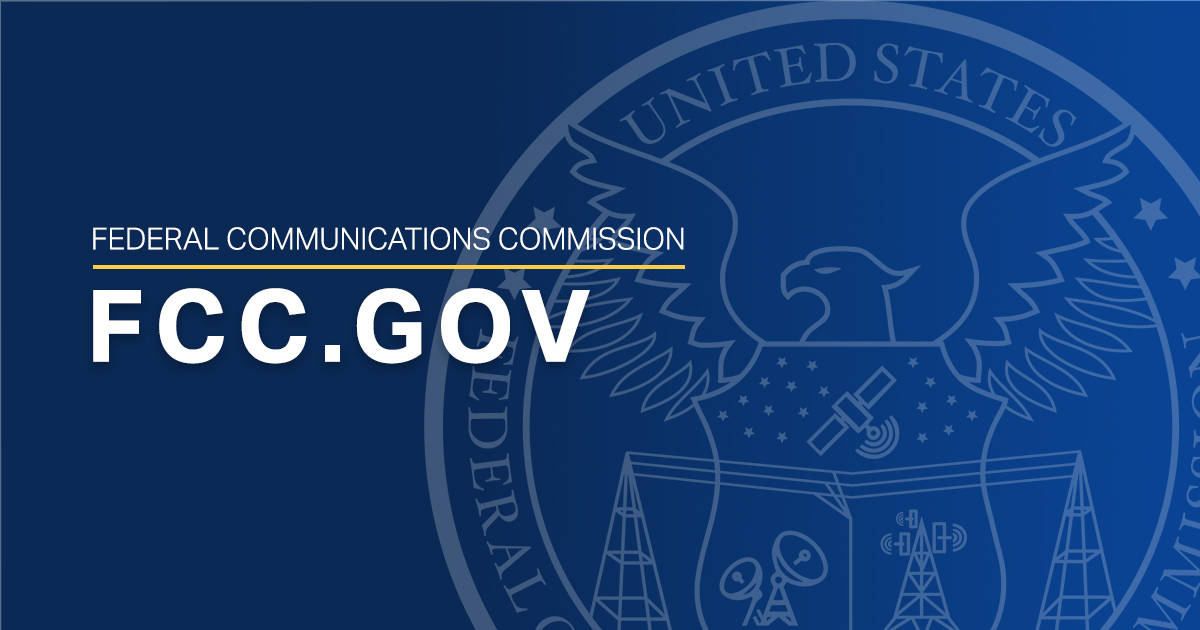First things first, I am not wanting to do illegal or irresponsible peaking and tuning to radios. Quite the opposite. My grandfather is a truck driver and has a large box or two of cb radios he has collected over the years that have issues of one kind or another. I am good with circuit boards and replacing components, I repair audio amplifiers for cars and home theater fairly often as a hobby and for some small profit. I would like to know what equipment would be needed to repair these old radios and bring them back to their peak legal performance. I assume from everything I have read that many will need modulation limiters soldered back into the pcb and some may need new finals if they have been burned out. Where can you buy quality components for cb radios, digikey/mouser?
My grandfather knows I am big on electronics and suggested that there may be some decent money to be made repairing radios if I learned to do it correctly. Being a highschool student in a small town I have more time than opportunities so I would like to make my own. Many people have units that they are sentimental about and have been hanging on to for years or decades. They either took them to someone who ruined them on the spot or did something that ended up burning out the radio due to overheating over time most likely, and they are convinced that radio was the best they ever owned.
I have many of the tools I assume will be necessary already:
lab grade benchtop power supply
Fluke 117
Hakko soldering station
Small silent benchtop air compressor
SWR Meter
Helping hands
Hand tools
capacitors/resistors/diodes and other pcb components scavenged from audio amplifiers and other electronics that I was either unable to repair or weren't worth the cost to repair.
I have read posts where many of you speak to your experience about repairing radios the proper way with the proper testing equipment. I would really appreciate your advice on the proper equipment to be able to at least revive my grandfather's radios and set them properly, even if I never have a paying customer.
My grandfather knows I am big on electronics and suggested that there may be some decent money to be made repairing radios if I learned to do it correctly. Being a highschool student in a small town I have more time than opportunities so I would like to make my own. Many people have units that they are sentimental about and have been hanging on to for years or decades. They either took them to someone who ruined them on the spot or did something that ended up burning out the radio due to overheating over time most likely, and they are convinced that radio was the best they ever owned.
I have many of the tools I assume will be necessary already:
lab grade benchtop power supply
Fluke 117
Hakko soldering station
Small silent benchtop air compressor
SWR Meter
Helping hands
Hand tools
capacitors/resistors/diodes and other pcb components scavenged from audio amplifiers and other electronics that I was either unable to repair or weren't worth the cost to repair.
I have read posts where many of you speak to your experience about repairing radios the proper way with the proper testing equipment. I would really appreciate your advice on the proper equipment to be able to at least revive my grandfather's radios and set them properly, even if I never have a paying customer.



